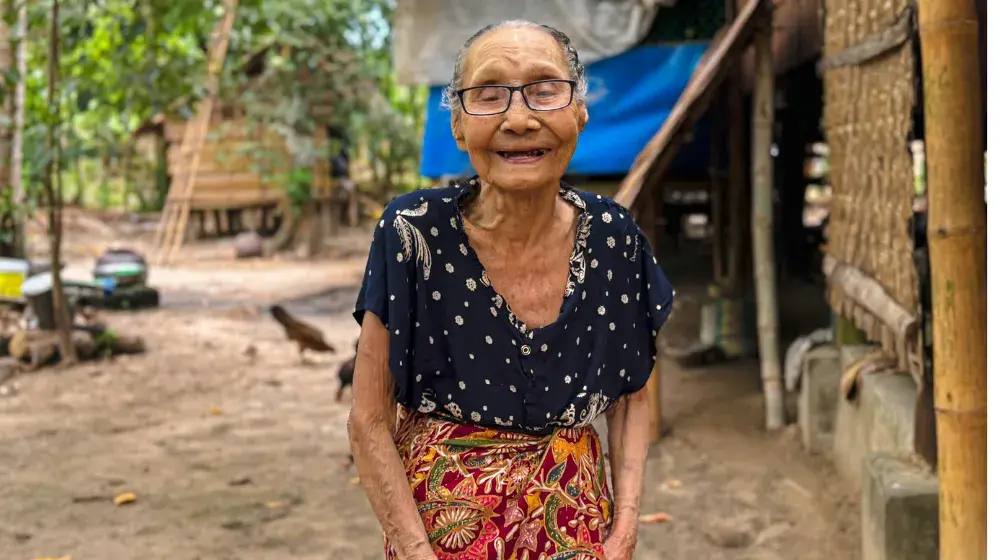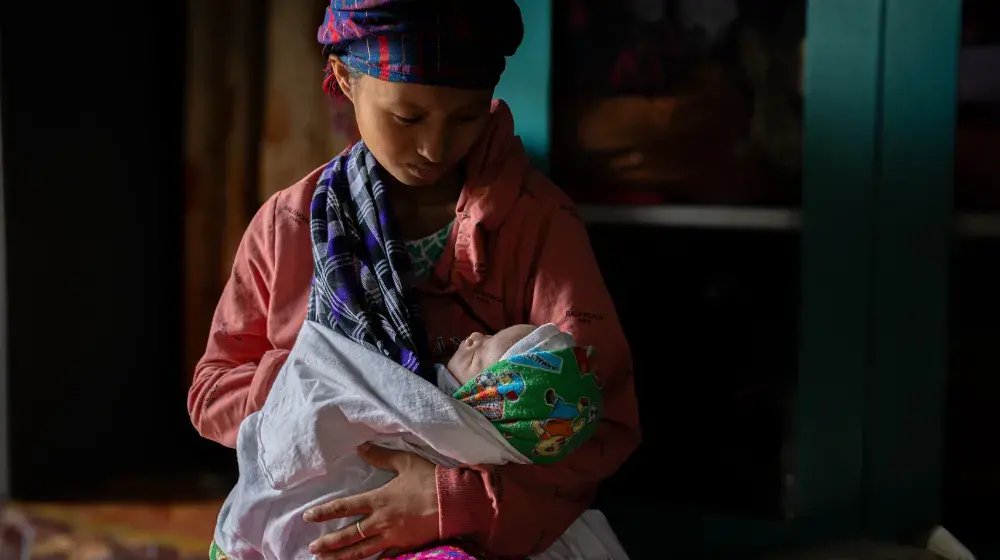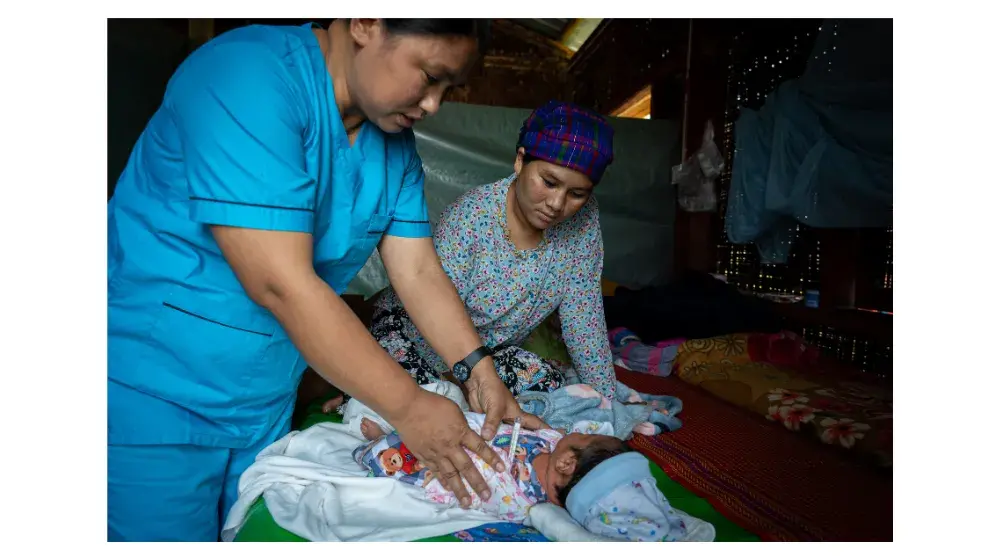YANGON, Myanmar – 2019 marks the 25th anniversary of the International Conference on Population and Development (ICPD), the 1994 meeting in Cairo where 179 governments adopted a revolutionary Programme of Action and called for women’s reproductive health and rights to take centre stage in national and global development efforts. ICPD marked a revolution in thinking about sexual and reproductive health and rights.
What’s Changed?
Myanmar has made remarkable gains in the last decades. As real reproductive choices have become a reality for more and more women, they are making the individual choice to have smaller families. Millions of women in Myanmar have gained the power to make decisions about their own bodies, including whether, when, how often and with whom to become pregnant. This has been instrumental to moving Myanmar towards improvements to health, quality of life and gender equality:
- The maternal mortality ratio has come down from 453 (1990) to 282 (2014).
- The total fertility rate has decreased from 4.7 (1980) to 2.3 (2015).
- The adolescent fertility rate has decreased from 41 (1994) to 29 (2016).
- The modern contraceptive prevalence rate has gone up from 13.6 per cent (1991) to 51.3 per cent (2015).
- Unmet need for family planning has dropped from 20.6 per cent (1991) to 16.2 per cent (2015).
- Female literacy has increased from 71.6 per cent in 1983 to 86.9 per cent in 2014.
Unfinished business
Despite the progress, millions of women and girls in Myanmar still cannot exercise their sexual and reproductive health and rights:
- Every year, 2,800 women die from complications of pregnancy and childbirth. Many more suffer from injuries and chronic disability incurred during childbirth. This is long way from the global target set in 1994 to reduce maternal deaths to fewer than 75 per 100,000 live births, and the Agenda 2030 target of 70. In Myanmar, 282 mothers die for every 100,000 births.
- Over two million women in Myanmar who would like to control their own fertility still do not have access to modern contraceptives. Without this access, they lack the power to make decisions about their own bodies, including whether or when to become pregnant. The lack of this power—which influences so many other facets of life: education, income, safety—leaves women and girls unable to shape their own futures. Unmet need for family planning is 16.2%.
- 51 per cent of married women and 49 per cent of married men believe that a husband is justified in beating his wife if he does not like her actions and choices socially, at home and in bed. Domestic violence is still normalized and accepted in families and communities.
The Nairobi Summit
The global ICPD25 flagship event is The Nairobi Summit on ICPD25 - Accelerating the promise, when governments and stakeholders will gather in Kenya from 12 to 14 November 2019. The Summit is convened by the Government of Kenya, the Government of Denmark and UNFPA. The objectives of The Nairobi Summit are to:
- Obtain strong political commitment for the validity of the Cairo ICPD agenda.
- Create political and financial momentum to advance the ICPD agenda – especially the three zeros: Ending unmet need for family planning; ending preventable maternal death; and ending harmful practices against women and girls – as an indispensable part of Agenda 2030.
- Provide an inclusive platform for a broad range of Member States and other stakeholders to come together around the universally applicable principle of rights and choices for all.
Accelerating the Promise
The ICDP25 anniversary tells us that now is the time re-energize the movement to re-affirm the promise of ICPD, and to secure the rights, choices and dignity of all.
If not now, when?





